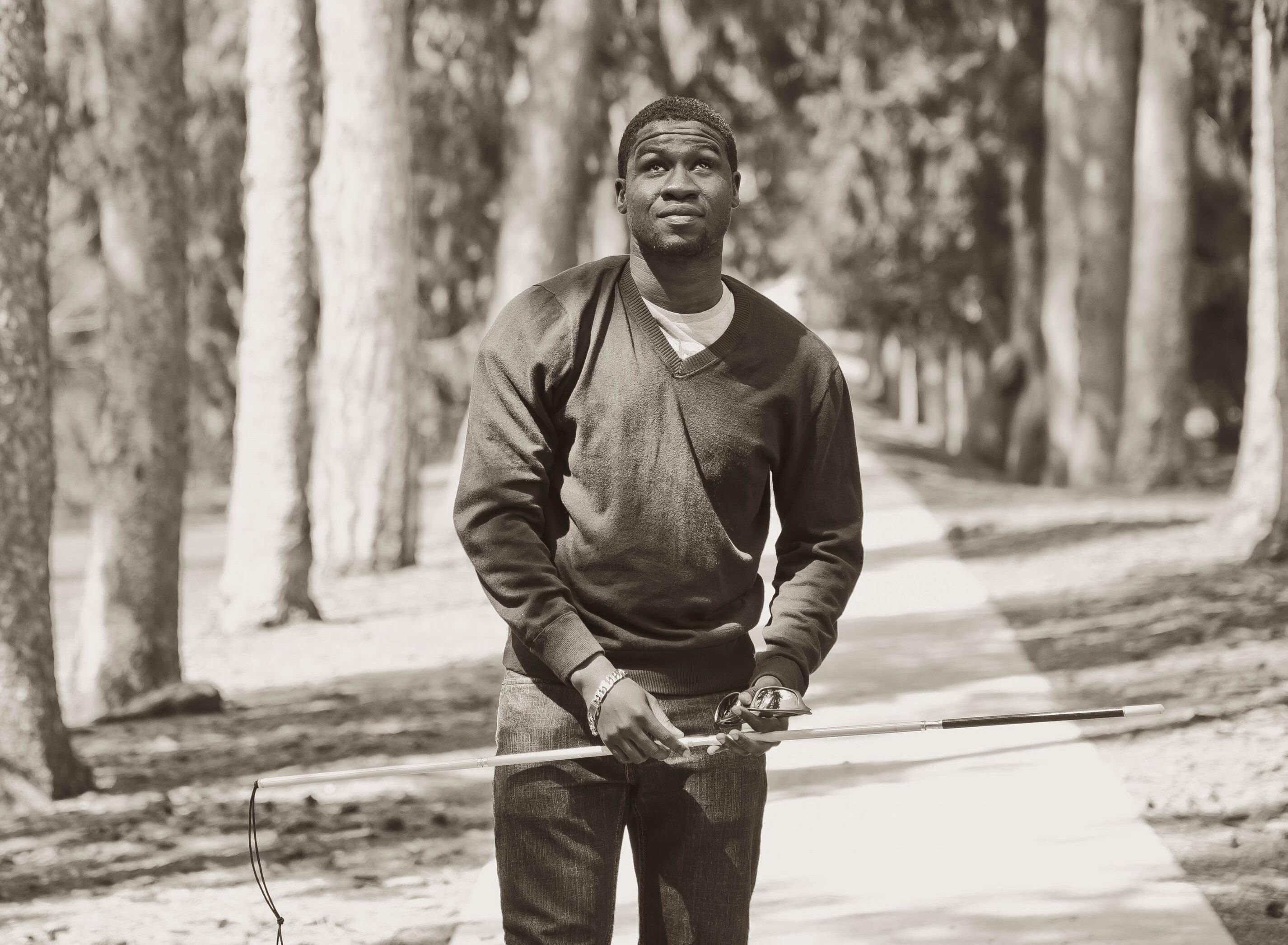As part of our White Cane Awareness project, we interviewed Bernard Akuoko, Program Lead for Advocacy & Accessibility Community Engagement at CNIB about his experiences as a white cane user and how that his cultural background and the death of George Floyd has shaped his white cane journey.
Tell us about yourself and your experience with sight loss.
I was diagnosed with retinitis pigmentosa when I was two years old. When I was younger, my condition wasn't too noticeable, and for the first 25 years of my life, I didn't really associate with the blind or partially sighted community. It’s only in the last few years I have appreciated the community and utilized the resources and supports.
When did you learn to use a white cane, and what made you decide to learn to use one?
I was taught how to use a cane when I was younger, but at that time, I didn’t want to use it. I despised walking around with a cane because I thought I didn't need it and it was a waste of time. It was only later in adulthood when I started to use a white cane and now I use it all the time.
Have there been situations where someone has not understood what your cane meant?
There have been so many situations. There have been times where I've been walking with my cane folded and someone's like “Oh, why do you have a flagpole in your hand?” or “Why are you walking with a ski pole?”. I also battle misconceptions because I use a cane but still have some vision. I believe that people need to know that you can read large print but also benefit from using the cane. 
What do you wish people knew about the cane?
There is still such a huge stigma in society today and people are so afraid of the cane. The cane is a tool. It’s no different than running shoes or a baseball bat. It’s just an object that helps us, it doesn't give us superpowers or suck your vision out of you if you use it. Someone shouldn’t touch another person’s cane without permission, but people don’t need to be scared of it. It’s not poisonous, it’s just a tool.
What would you say to someone who would benefit from using a white cane but was hesitant about using one?
I would say it opens more doors to life. I work in Toronto and live in Branford and take a bus and train to travel. Even if I didn't use a cane and I was able to get from point A to point B, by the time I got to work, I would be mentally exhausted trying to not bump into others. Honestly, it's just too much to deal with in the day to have that mental baggage when it could easily be solved by using a cane.
What cultural attitudes are there towards the white cane or blindness within your community?
My parents are both born in Ghana, West Africa and I was born in Canada. I love my Ghanaian culture so much, but what I noticed with the culture back home is that people would think he's sick, he has to live with his parents, or he has to be raised by the community for the rest of his life. This made me hesitate in using the cane when I was younger. My parents also told me that I don't need the cane and I am making myself a target.
The death of George Floyd had a big influence on me to use my white cane. To know that there could be times when people have a misconception of your intentions and that could get you in trouble. I would specifically tell black males with sight loss to use the cane because it lets people know that this is your situation and it doesn't put you in a place where people have the opportunity to misinterpret your actions.
Have you ever customized or decorated your cane in a certain way?
I’m going to get a cane that's black with a red tip for solidarity for Black Lives Matter and solidarity for being a black person who has sight loss.